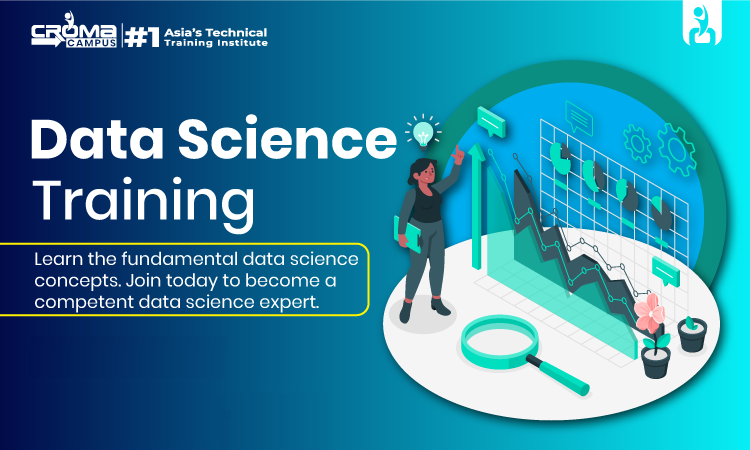Is it Beneficial to Get Certified in Data Science?

Introduction:
Data science is an interdisciplinary domain that involves the use of statistical and computational approaches to pull insights and understanding from data. It encompasses various stages of data analysis, including data collection, cleaning, transformation, visualization, modeling, and interpretation. This is due to the proliferation of data generated by modern technology and the growing demand for data-driven decision-making in various industries. As a result, data scientists are in high demand and are likely to have strong skills in programming, statistics, machine learning, and data visualization. Consider enrolling in a comprehensive Data Science Training program that covers a wide range of topics such as statistics, machine learning, and data visualization. Data science professionals are now popular in a variety of industries, including finance, healthcare, retail, and technology.
What are the advantages of obtaining a certification in Data Science?
Obtaining a certification in Data Science can provide several advantages to individuals looking to advance their careers in this field. Firstly, it demonstrates a level of competency and expertise in the field. Thus, giving employers confidence in an individual’s skills and knowledge. This can make them more competitive in the job market and increase their chances of landing a job. Additionally, a certification in Data Science can help individuals stay up-to-date with the latest trends, technologies, and best practices in the field. Thus, allowing them to enhance their skills and improve their work performance. Moreover, some certifications are famous globally, which means they can provide opportunities for professionals to work internationally. Finally, obtaining a certification in Data Science can also increase the earning potential of individuals. Thus, it can lead to better-paying jobs and positions with more responsibilities.
Does having a certification in Data Science provide a competitive edge in the job market?
There are various roles available in the field of Data Science. Some of the common roles are:
- Data Scientist: A data scientist is responsible for collecting, analyzing, and interpreting large datasets to identify patterns and insights that can help businesses make informed decisions.
- Data Analyst: A data analyst is responsible for collecting and analyzing data to identify trends, patterns, and insights that can be useful to make business decisions.
- Machine Learning Engineer: A machine learning engineer is responsible for developing and implementing machine learning algorithms and models to help businesses automate and optimize their processes.
- Data Engineer: A data engineer is responsible for designing and building the infrastructure necessary to store, process, and analyze large datasets.
- Business Intelligence Analyst: A business intelligence analyst is responsible for gathering and analyzing data. Further, he helps to provide insights and recommendations to business leaders to help them make informed decisions.
- Data Architect: A data architect is responsible for designing and implementing data structures and architectures that support the storage, processing, and analysis of large datasets.
How has the demand for Data Scientists evolved over the years?
The demand for Data Scientists has evolved significantly over the years. A decade ago, the role of a Data Scientist was not as prominent as it is today. This is because businesses did not generate as much data as they do now. However, with the proliferation of big data, there has been a significant increase in the demand for data scientists. Businesses are now generating massive amounts of data. Thus, there is a need for skilled professionals who can collect, process, and analyze this data to provide valuable insights. Additionally, the rise of machine learning and artificial intelligence has further increased the demand for Data Scientists. This is because businesses look to leverage these technologies to automate and optimize their processes. Overall, the demand for Data Scientists is expected to continue to grow in the future. Thus businesses increasingly rely on data-driven decision-making to stay competitive in today’s digital economy.
Conclusion:
The demand for data science professionals has been steadily increasing over the past few years. Further, this trend is expected to continue in the foreseeable future. With the advent of big data, organizations are generating massive amounts of data. Further, those need to be analyzed to gain valuable insights into customer behavior, market trends, and business operations. In addition, the emergence of artificial intelligence and machine learning has further fueled the demand for data scientists. Especially for those who can develop and implement these technologies. As a result, data science has become one of the most promising career fields. Thus, offering high salaries, job security, and opportunities for growth and advancement. The Data Science Course Fee can vary greatly depending on the institution or platform providing the course, as well as the duration and depth of the program.




